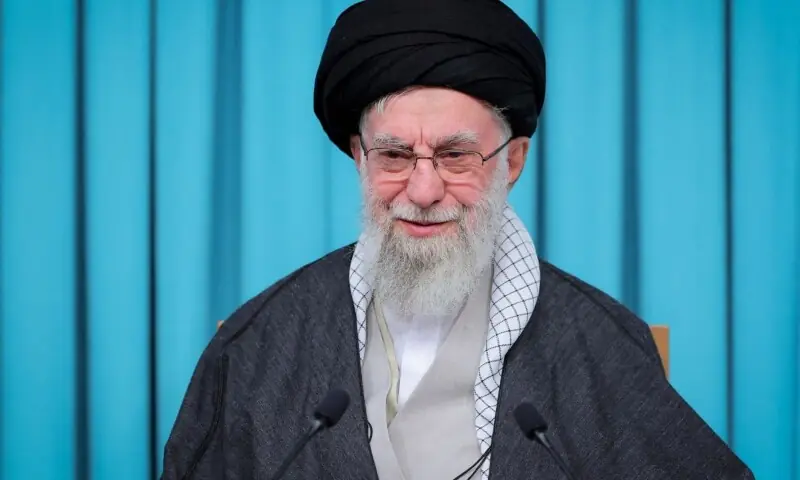Iran Rejects Pressure Over Uranium Enrichment, Calls US Talks a ‘Dead End’
TEHRAN/NEW YORK: Iran’s Supreme Leader Ayatollah Ali Khamenei has vowed not to yield to international pressure to halt uranium enrichment, calling negotiations with the United States a “dead end” that would bring no benefit to the country.
In a televised address on Tuesday, Khamenei said:
“We did not surrender and we will not. We will not yield to pressure in this matter or any other matter.”
He emphasized that talks with Washington could cause irreparable harm to Iran, referencing the US withdrawal from the 2015 nuclear deal as a major breach of trust.
Diplomatic talks continue with Europe
European powers pushing to reimpose sanctions met with Iran’s top diplomat on the sidelines of the UN General Assembly in New York. Germany’s Foreign Minister Johann Wadephul said, “Iran must never obtain a nuclear weapon,” but added that a diplomatic solution before sanctions take effect appears unlikely.
Iran’s foreign ministry labeled the potential sanctions as “unjustified and illegal”, while committing to continued consultations. Tehran has until the end of Saturday to reach a deal with British, French, German, and EU officials to prevent the reinstatement of UN sanctions.
Tensions remain high
Israel carried out a military campaign against Iranian nuclear sites in June, and the Trump administration claims US warplanes “totally obliterated” key targets. Despite the threats, Tehran maintains it has the right to civilian nuclear energy and denies any pursuit of nuclear weapons.
European powers have set three conditions to extend sanction relief:
-
Resume direct negotiations without preconditions
-
Allow full access for IAEA inspectors to nuclear sites
-
Provide accurate information on enriched materials
Iran has rejected these demands as political pressure but insists it has presented a “balanced” proposal, though details remain undisclosed.
With talks at a standstill and tensions rising, the future of Iran’s nuclear program remains uncertain, highlighting the fragile state of global diplomacy over nuclear security.

